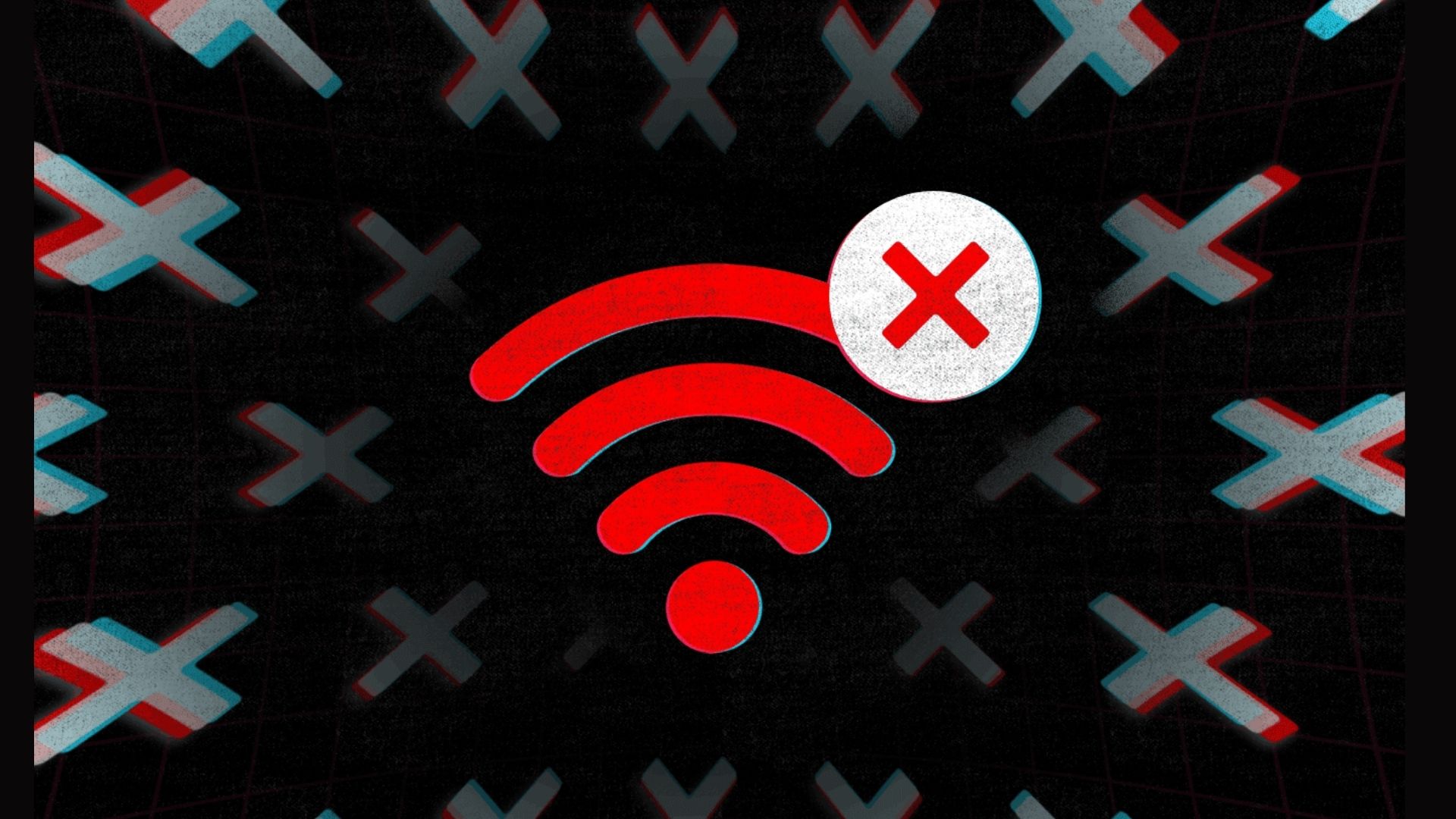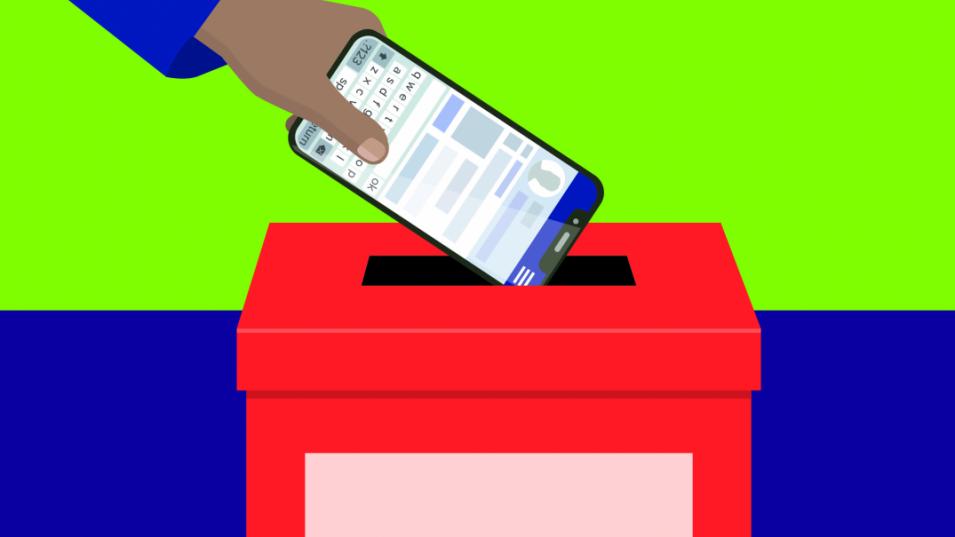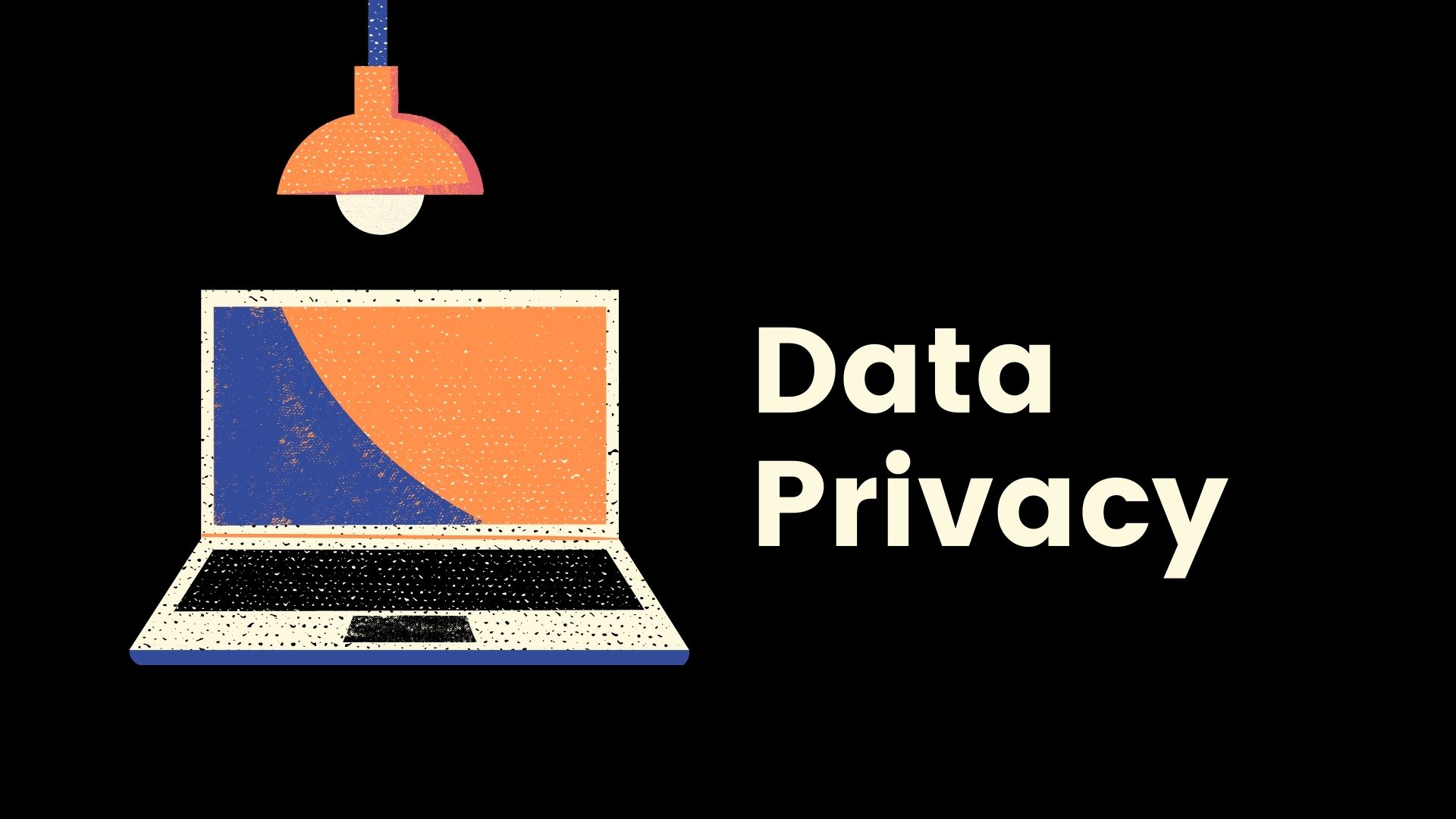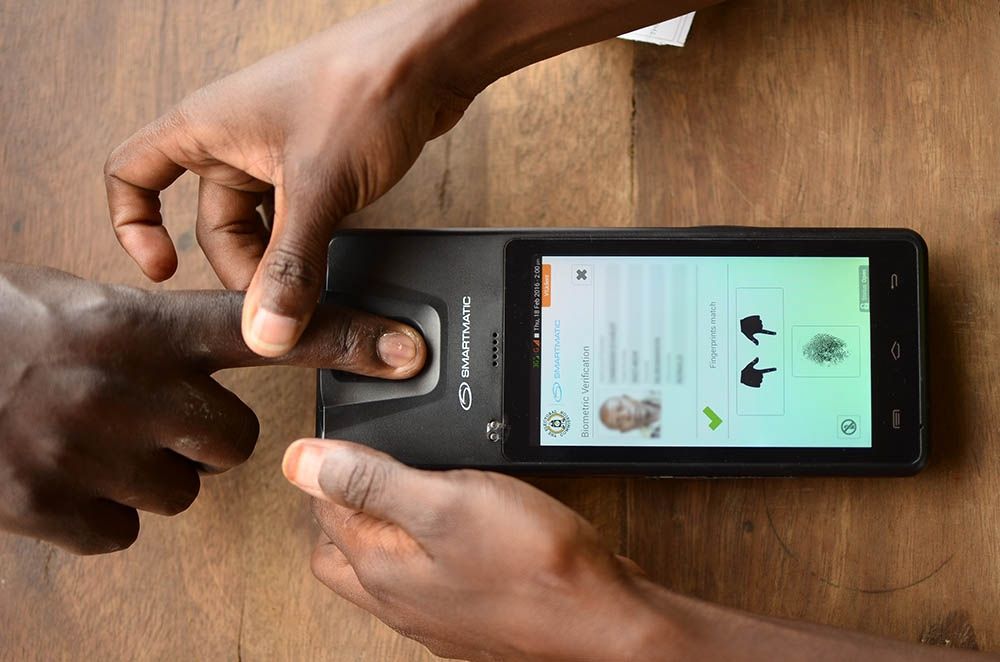Uganda 2021 General Elections: Internet shutdown and it’s Ripple Effects

Uganda 2021 General Elections: Internet shutdown and it’s Ripple Effects
On Wednesday 13th January 2021 the eve of Uganda’s General Elections, Uganda’s communications regulator UCC ordered telecoms operators and internet service providers in the country to suspend all internet gateways until further notice. According to Reuters, Ugandans reported difficulties accessing the internet via mobile devices and wireless connections on Wednesday evening, and internet monitor NetBlocks said on Twitter that the country was experiencing a nationwide blackout from 7 p.m. (1600 GMT).
The president’s justification for the internet shutdown was in retaliation for Facebook taking down some pro-government accounts which is really frivolous and vexatious. Any internet shutdown should be grounded in the international human rights principles of proportionality, necessity, and legality. Internet shutdown shouldn’t be used as an emotional retaliation tool. 42% of Ugandans are internet users and 2.5 million Ugandans are active on social media and of these, 97% access social media via mobile tool devices.
Necessity means that any restriction of Internet access must be limited to measures that are strictly and demonstrably necessary to achieve a legitimate aim. It should be demonstrated that no other measure would achieve similar effects with more efficiency and less collateral damages.
Necessity also implies an assessment of the proportionality of the measures. Any restriction of Internet access must also be proportional. A proportionality assessment should ensure that the restriction is “the least intrusive instrument amongst those which might achieve the desired result”. The limitation must target a specific objective and not unduly intrude upon other rights of targeted persons.
The Internet has become ingrained into the tasks that Ugandans perform each day and the ten-day internet shutdown has caused detrimental effects to Uganda’s economy and livelihoods at large. According to Netblocks, an internet freedom monitor, such a blackout could have already cost the Ugandan economy around $10 million.
On 12th January Umeme, Uganda’s main electricity distribution company posted a notice on its Twitter page asking its client to purchase adequate amounts of electricity units as its service was being interrupted by the internet speed. During the five-day lockdown, the internet was fully shutdown, Umeme customers were not able to access the prepaid service because the network wasn’t available. The other services that weren’t available because of the shutdown were the Uganda Revenue Authority portal, National Social Security Fund, Banking service, medical emergency services like Rocket Health, E-Commerce services in form of online transport services like, Safeboda, Uber, Jumia.
If Internet shutdowns are used as a blunt-force means of blocking access locally to a specific service or application, access to other unrelated services may also be impacted as collateral damage. For example, shutting down the Internet also directly disrupted access to Internet-based ride-sharing and taxi-hailing applications, likely creating a major disruption for transportation services.
Uganda has got a cumulative figure of 37,808 cases of Coronavirus and from the start of the pandemic, the internet has been a safe space offering the best platform that doubled as a social distance tool. Without the internet, Ugandans who had been transacting online and communicating online had to switch and get things done physically. An example is the Seven App that simplifies healthcare by bridging a gap between a patient and a Doctor virtually in the comfort of one’s home or office, with the internet shutdown, one had to walk to the hospital physically. During the prevailing COVID-19 pandemic, Ugandans need internet space more than ever before. Uganda currently has got over 38,000 Coronavirus cases.
Mobile money services came to a standstill on 14th January 2021, Election Day as a result of lack of internet availability and poor network. Media Companies that facilitate journalists while in the field rely on mobile money. Journalists that were already in the field to cover the January 14th-16th elections couldn’t be facilitated so they resorted to borrowing money from friends within the areas designated to them. Mobile money is a service used by almost every mobile phone user in Uganda. Uganda has got about 26million active mobile subscriptions that resonate with mobile money usage.
People routinely depend on the Internet to stay in touch with family and friends, create local communities of interest, report public information, hold institutions accountable, and access and share knowledge. To that end, it can be argued that Internet access cannot be distinguished from the exercise of freedom of expression and opinion.
When a complete Internet shutdown occurs in a given country, the technical impact can extend beyond the country’s borders to the rest of the global Internet. Being part of an interconnected network means having a responsibility towards the network as a whole, and shutdowns hold the potential to generate systemic risks. An internet shutdown has a ripple effect on the country’s economy and persists beyond the days on which the shutdown occurs.




